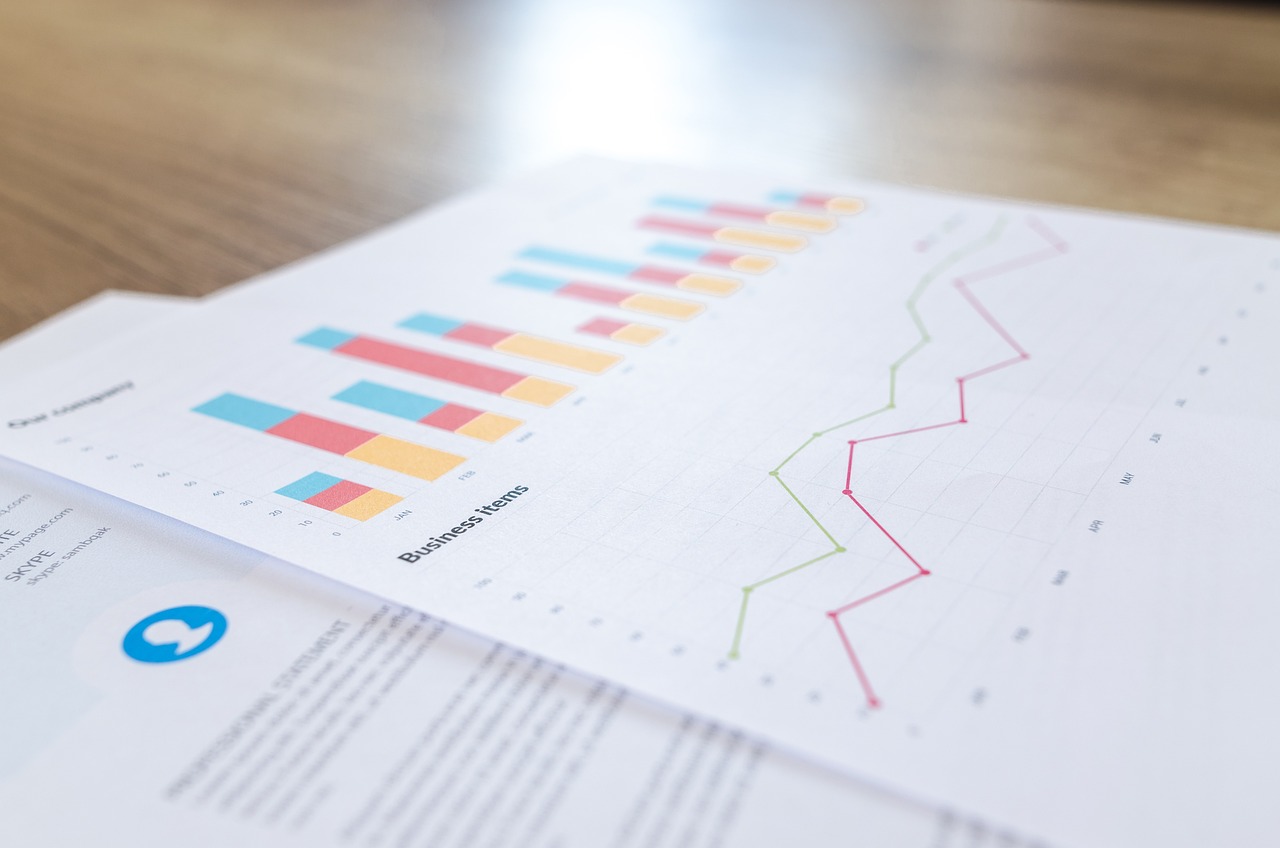

AI and Machine Learning are not mere buzzwords. They are driving a transformative revolution across industries, and the accounting profession is no exception. OpenAI’s ChatGPT, in particular, holds immense potential to redefine the accounting landscape. As this technology gains traction, one can’t help but contemplate the future of AI. With ChatGPT going viral and making headlines, it sparks a compelling conversation around the future of AI in accounting and beyond. How will this technology shape our professional practices, and what opportunities will it create? The possibilities seem as boundless as they are exciting!
In this blog, we will dive deeper into the remarkable benefits that AI brings to accounting. We’ll explore practical accounting use cases where AI has made a significant impact, and illustrate the synergy between the robust Brixx software and ground-breaking AI tools like ChatGPT.
What is ChatGPT technology?
GPT, short for Generative Pre-trained Transformer, is a type of artificial intelligence model for natural language processing. It uses machine learning techniques to understand and generate human-like text. ChatGPT-4 is known for its ability to engage in human-like conversation, making it a powerful tool in numerous applications, including accounting.
Why should businesses leverage ChatGPT in accounting?
Adopting ChatGPT technology in accounting can simplify complex tasks, streamline processes, and enhance overall efficiency. With its ability to understand context, analyze data, and generate valuable insights, ChatGPT proves to be a valuable asset in the accounting field. We’ve listed some reasons below.
- Increased efficiency
By automating routine and time-consuming tasks, GPT allows accounting professionals to be more productive. They can focus on tasks that require more strategic thinking and critical analysis, thereby increasing their overall work efficiency.
- Enhanced accuracy
The use of AI reduces the risk of human error in manual tasks, which can be crucial in accounting where accuracy is paramount. GPT’s ability to maintain high precision in tasks like financial reporting or invoice categorization improves the quality and reliability of financial information.
- Insightful analysis
GPT technology can process and analyze vast volumes of data quickly, extracting valuable insights that could be missed manually. It helps in detecting trends and patterns in financial data, allowing businesses to make better, more informed decisions.
- Improved customer service
GPT technology can be used to provide real-time, high-quality customer service. It can respond to queries accurately and promptly, enhancing customer experience and satisfaction, and freeing up human resources for more complex customer interactions.
- Risk mitigation
Through its ability to detect anomalies in large data sets, GPT technology provides an extra layer of security against fraudulent activities. This risk mitigation can help protect businesses from potential losses.
- Cost savings
The automation of routine tasks and reduction in errors lead to significant cost savings. These savings can be reallocated to other strategic areas, enabling businesses to maximize their resources and improve their profitability.
8 ways businesses can use ChatGPT in accounting
1. Invoices and expenses categorizing
Businesses receive a slew of invoices and need to record numerous expenses daily. Manual categorization can be time-consuming and prone to errors. ChatGPT, trained on a diverse range of internet text, can help businesses automate this process. With its machine learning capabilities, it can analyze and categorize invoices and expenses based on predefined categories or even learn and improve over time, increasing efficiency and accuracy.
Please ensure to review and customize the template according to your specific requirements and compliance with applicable tax laws and regulations.
2. Financial projection
One of the key responsibilities of accountants and financial professionals is to provide accurate financial projections. These are essential for strategic planning, securing funding, and evaluating the financial health of a business.
Traditionally, creating financial projections involves manual data entry, data sorting, and complex calculations, which can be both time-consuming and prone to errors. However, with the advent of AI and machine learning technologies like ChatGPT, the process can be substantially streamlined and improved.
3. Financial report generation
Generating financial reports is a fundamental aspect of accounting, often requiring extensive time and effort. ChatGPT can streamline this process by automating the generation of basic financial reports, such as income statements, balance sheets, and cash flow statements, based on input data. This leaves accountants with more time to analyze the reports and provide strategic advice to the business.
Please note that if you have additional supporting documents or receipts for this expense, you can use the ChatGPT File Uploader Extended to upload any file and data for ChatGPT’s review.

Download your FREE templates here:
However, please also be careful and ensure that you don’t upload any sensitive or confidential information to avoid potential security issues.
4. Audit documents process
Auditing involves going through vast amounts of financial data, which can be tedious and labor-intensive. ChatGPT can be employed to scan through and organize the data, making the auditing process more manageable. It can help in cross-checking entries, identifying anomalies, and organizing the required documentation, thereby reducing the time spent on manual data handling.
5. Customer communication
As a trusted accountant, it is essential to stay proactive in keeping clients informed about regulatory changes, upcoming deadlines, and important financial matters. With the assistance of ChatGPT, you can effortlessly generate clear and concise emails, letters, or other communication materials to ensure your clients are up-to-date and well-informed.
6. Financial data analysis and forecasting
The ability to analyze financial data and forecast future trends is a vital component of strategic planning. By processing large volumes of data and identifying patterns, ChatGPT can help businesses understand their financial health and predict future trends. This valuable insight can help businesses make informed decisions, manage risk, and capitalize on opportunities.
7. Tax compliance
Tax laws can be complex and continually changing. Businesses can use ChatGPT to stay updated on these changes and ensure compliance. It can help with calculating tax liabilities, filing returns, and providing basic guidance on tax matters. However, it’s essential to remember that while AI can provide assistance, professional advice should be sought for complex tax issues.
8. Fraud detection
Financial fraud is a significant concern for businesses. With ChatGPT’s ability to analyze and identify unusual patterns in financial data, it can aid in detecting potential fraud. This could include detecting unusual transactions, inconsistencies in financial reports, or irregularities in invoices and expenses.
Will AI replace accountants?
While AI can automate many routine tasks in accounting, it is not expected to fully replace accountants. Here’s why:
Complex Decision Making: Accountants do more than just process data. They make complex decisions, provide strategic advice, and apply professional judgment, tasks that AI currently can’t handle effectively. For example, while AI can flag unusual transactions, an accountant is needed to investigate and understand the context behind these anomalies.
Human Interaction: Many aspects of an accountant’s role involve interpersonal skills, such as discussing financial matters with clients, resolving conflicts, or presenting financial information to non-financial stakeholders. AI is not capable of replicating human emotional intelligence and the nuances of human communication.
Ethics and Professionalism: Accountants adhere to ethical standards and professional guidelines. They handle sensitive data and must maintain confidentiality and integrity. While AI can be programmed to follow certain rules, it does not have a sense of ethics or professionalism.
Regulations and Standards: Financial regulations and accounting standards are complex and often require interpretation and judgment. Accountants have the training and knowledge to navigate these requirements, whereas AI can struggle with such complexities.
Adaptation to Change: The financial world is dynamic, with new regulations, business models, and financial instruments constantly emerging. Humans are more capable of understanding and adapting to these changes than current AI technology.
However, AI can dramatically change the role of accountants. Many routine tasks can be automated, which allows accountants to focus more on strategic, advisory, and decision-making roles. In this sense, AI is not so much a replacement as it is a powerful tool that can enhance the capabilities of human accountants.
The future of accounting with AI
While ChatGPT is a powerful tool that can assist businesses in various accounting tasks, it is important to recognize its limitations. ChatGPT excels in automating processes like invoices and expenses categorization or handling client communication, but it may lack the dedicated functionalities of comprehensive business planning tools like Brixx.
Brixx offers specialized features such as financial forecasting, scenario planning, sensitivity analysis, and integration with accounting software. Additionally, the expertise and insights provided by human accountants remain invaluable in interpreting data, providing strategic guidance, and ensuring compliance. Therefore, combining the capabilities of tools like Brixx with the expertise of human accountants creates a synergistic approach that maximizes efficiency and effectiveness in business planning and accounting processes.
















